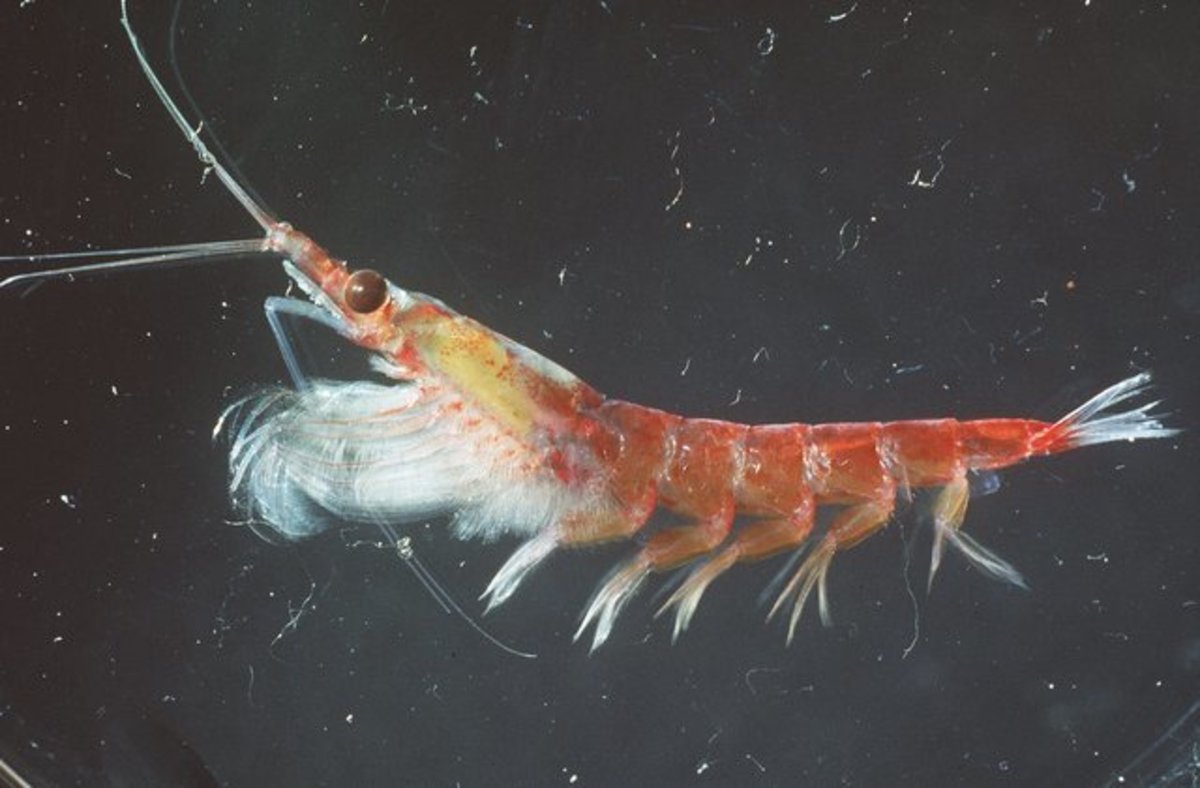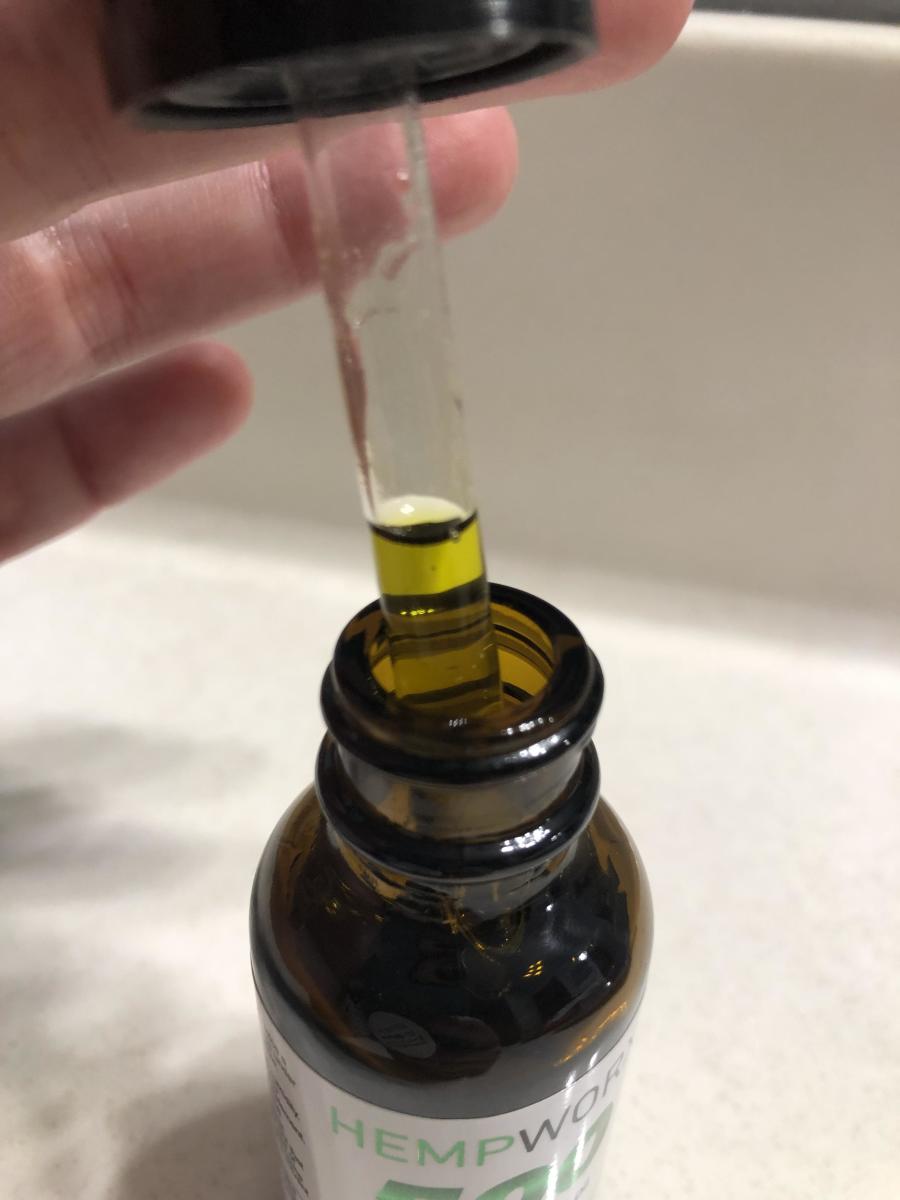Fish Oil and Liver Injury: A Recent Discovery
Fish Oil and Liver Injury: A Recent Discovery
As of February 2018, there has been evidence that expresses that fish oil is able to protect from liver injury that was caused by intestinal ischemia. This article will provide information provided by the National Institute of Health, and the information is very recent. The information provided from the recent study may prove to be a breakthrough regarding liver injury due to intestinal ischemia and re-perfusion. Much of the literature I read was quite scientific in nature, and would usually be hard to comprehend for someone who is trying to understand the nature of their disease state, or the of fish oil's benefits regarding liver injury.
What is Intestinal Ischemia?
Intestinal Ischemia is also known as Bowel Infarction. It's a condition that is marked by a lessened flow of blood to the small intestine. This condition may happen due to a blood clot, or atherosclerosis, as both of these conditions can narrow the blood vessels. When there is less blood flow to the small intestine, the individual may experience severe abdomen pain. They may also vomit and experience nausea. Usually, this condition is treated with blood thinners. In extreme cases, a surgery is done that helps restore normal flow of blood to the small intestine.
What is Ischemic Liver Injury?
This is a condition that is also recognized as shock liver. Some may also know it as ischemic hepatopahy. This is when lessened amount of blood, and oxygen, reach the liver. The loss of blood flow to the liver (also known as perfusion) happens due to some kind of shock to the body, or through a decrease in an individual's blood pressure.
What is Intestinal Reperfusion?
Through experiments conducted, it was found that intestinal ischemia/re-perfusion changed the liver in significant ways. It's due to the toxic components that washed out of the re-perfused intestine. Re-perfusion means the act of restoring the blood flow to a body's tissue or organs, especially after some kind of traumatic event, like a heart attack or stroke.Intestinal re-perfusion happens while one is undergoing some kind of abdomen surgery, or surgery within their thoracic vascular region. It does carry a high mortality and morbidity rate. When the intestinal area experiences function loss, and consequently re-perfusion, bacteria is then trans-located into the body’s circulation. This can lead to a system inflammatory response, and it also leads to liver injury.
What is Fish Oil?
Fish oil has the main ingredient being the polyunsaturated fatty acids. It also includes EPA, which is eicosapentaenoic acid. Also included in this hero fish oil mix is DHA, or also known as docosahexaenoic acid. When fish oil is given through a parental manner, the patient's outcome is greatly improved. The parental nutrition means that the nutrition will be given to the patient through the veins, intravenously, effectively bypassing the whole digestion and consumption process. Fish oil is able to activate the AMPK/SIRT-1 pathway against injury caused by intestinal ischemia and reperfusion. AMPK/SIRT - 1 means this: adenosine monophosphate activated protein kinase/sirtuin 1. This is a protein that helps the cellular energy homeostatic happen. It actives in response to any stressor that may deplete cell supplies, like ischemia.
How Does Fish Oil Protect the Liver?
The fish oil, in the study, was able to block the negative changes that the intestinal Ischemia and re-perfusion were trying to cause within the liver. Intestinal ischemia and re-perfusion heightened the levels of aspartate amino-transferase and serum alanine amino-transferase. Aspartate amino-transferase is a protein created by the liver cells. If liver cells have experienced some sort of damage, the aspartate amino-transferase leaks out into the individual’s blood circulation and increases the level of aspartate amino-transferase within the patient. Serum alanine amino-transferase is another liver enzyme that can show as 'increased' during a routine blood check. When this enzyme is heightened, it shows that the liver is inflamed or injured, and has leaked out higher amounts of serum alanine amino-transferase than normal. Intestinal Ischemia and re-perfusion increased the tumor necrosis factor and malonaldehyde. Malonaldehyde amounts in increased numbers show that the body is going through a markedly higher levels of oxidative stress. Oxidative stress adds on to liver injury, and affects the way that the liver metabolizes various components that are necessary to maintain normal health. One can see that an increase in oxidative stress can be harmful, but as mentioned, fish oil found to prevent all these negative changes from happening by blocking their attempts.
Ending Notes Regarding Fish Oil and Liver Injury
I was surprised to find out that on January 2018, The University of Granada decided that eating fish oils and sunflowers for a prolonged period of time damages the liver. The study mentioned that it could also lead to steatohepatitis that is not related to alcohol. This is when the liver becomes inflamed. The study did show that olive oil was proven to be the best to preserve the liver. Fish oil supposedly increased oxidation in this study. (University, 2018) The professor mentioned that the rats were on an extreme diet, which deviated from what a regular person would consume of fish oil in a single day. Because of this study, many 2018 articles have emerged, mentioning that fish oil is bad. However, a December 2016 article mentioned that fish oil's fatty acids taken during pregnancy may ward off asthma and wheezing in children. (Bisgard, 2016) Another article from August 2016 mentioned that Fish Oil, in high dosing, can reduce scarring and inflammation in patients who had acute myocardial infarctions. (Heydari, 2016) As of now, there is more evidence, in my opinion and through research, that fish oil is helpful when it comes to liver injury, especially after intestinal Ischemia and reperfusion. I hope this article was able to shed some light on how fish oil is correlated to ischemia and liver injury.
References:
Bisgard, H. (2016) Fish Oil–Derived Fatty Acids in Pregnancy and Wheeze and Asthma in Offspring. Retrieved from: http://www.nejm.org/doi/full/10.1056/NEJMoa1503734
Heydari, B. (2016) Effect of Omega-3 Acid Ethyl Esters on Left Ventricular Remodeling After Acute Myocardial Infarction. https://doi.org/10.1161/CIRCULATIONAHA.115.019949
Jing, H. (2018) Fish oil alleviates liver injury induced by intestinal ischemia/reperfusion via AMPK/SIRT-1/autophagy pathway. Journal ListWorld J Gastroenterolv.24(7); 2018 Feb 21PMC5807941
University of Granada. (2018, January 31). Long-term consumption of sunflower and fish oils may damage the liver. ScienceDaily. Retrieved February 22, 2018 from www.sciencedaily.com/releases/2018/01/180131093413.htm
© 2018 Charlotte Doyle








